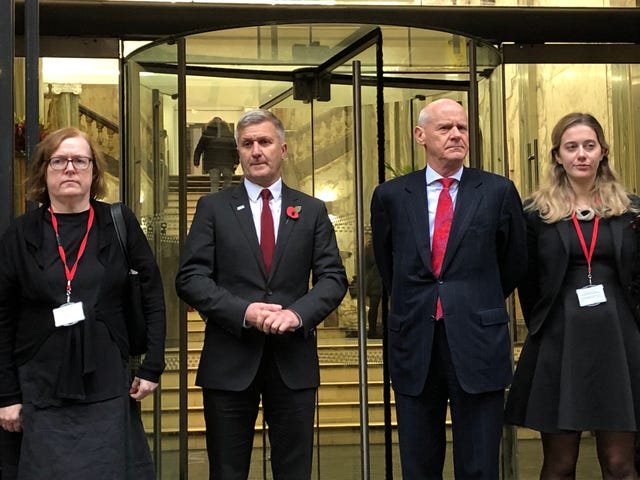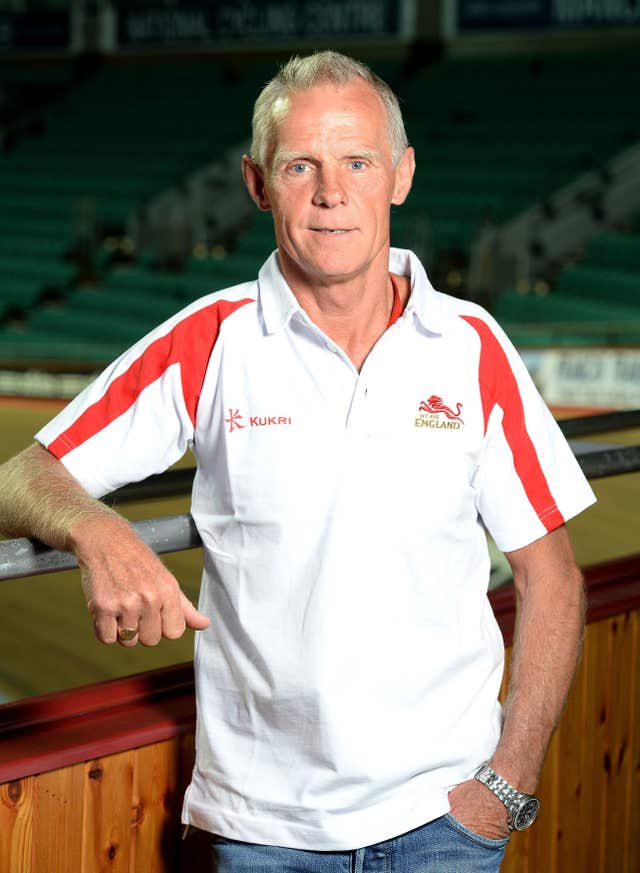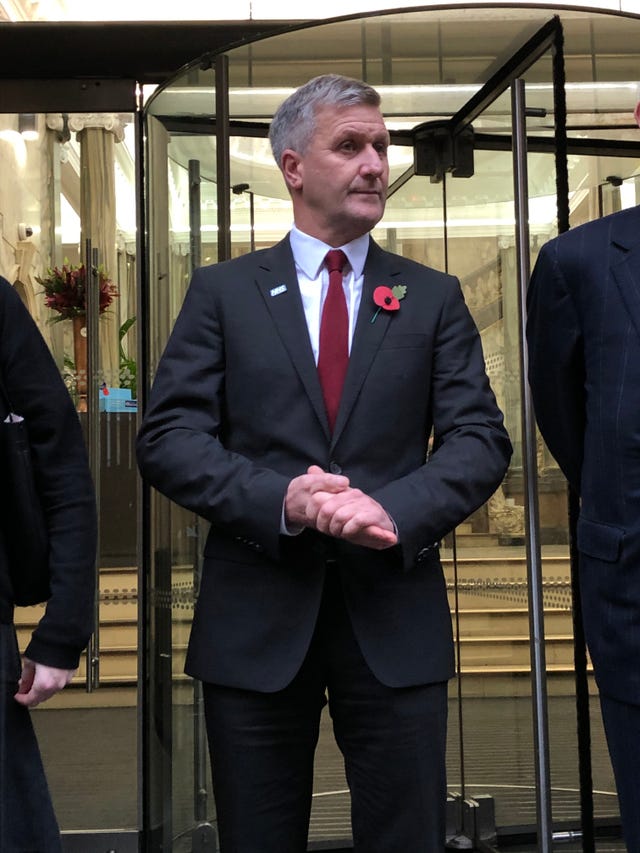Former British Cycling and Team Sky chief doctor Richard Freeman should be permanently struck off the medical register, a hearing was told.
A Medical Practitioners Tribunal ruled on Thursday that Dr Freeman's fitness to practise medicine is impaired because of the misconduct that has been laid bare at the long-running hearing in Manchester.
"In all the circumstances, the tribunal determined that Dr Freeman's actions would be considered as deplorable by members of the public and fellow practitioners," it said.

Dr Freeman admitted 18 of 22 charges against him and on Friday was found guilty of all but one, including ordering testosterone to British Cycling headquarters "knowing or believing" that it was to be given to a rider for doping purposes.
The tribunal retired again on Thursday afternoon to consider possible sanctions and could give its verdict as early as Friday morning.
General Medical Council QC Simon Jackson argued the doctor's conduct is worthy of the harshest possible sanction, saying: "The GMC submits, in respect of all the tribunal's previous findings, that the appropriate sanction in this case should be one of erasure."
Jackson cited the "seriousness of his misconduct in terms of ordering Testogel for a prescribed purpose, the seriousness and repetition of breaches of good medical practise, a persisting lack of insight and the risk of repetition" in calling for Dr Freeman to be struck off.
The QC also highlighted that Dr Freeman, who is currently working as a GP in Lancashire, "told lies out of self-preservation to protect himself and ignored the wreckage created".
The tribunal was damning of Dr Freeman in its facts decision on Friday, saying his evidence was "implausible" and "dishonest" and that his conduct was "incapable of innocent explanation".
Dr Freeman had claimed he ordered Testogel in 2011 to treat former performance director Shane Sutton's erectile dysfunction.
That was strenuously denied by the Australian and dismissed by the tribunal as being untruthful.
The impairment decision read: "The tribunal considered that Dr Freeman's conduct surrounding the order of the Testogel amounted to a long and considered pattern of very serious dishonesty.

"In the course of that dishonesty... Dr Freeman abused the professional trust of colleagues and friends, publicly traduced the reputation of another professional (Mr Sutton), and deliberately misled UKAD (UK Anti-Doping), among other matters.
"His dishonesty continued up to and during the hearing itself. This, too, was serious misconduct."
Dr Freeman admitted poor conduct regarding his record keeping and inappropriate treatment of non-riders, and the tribunal considered his behaviour in relation to clinical concerns and record management was remediable.
But his ordering of the Testogel, and the pattern of lying that followed, was deemed particularly egregious by the tribunal.
"While noting that Dr Freeman had made admissions to some of the dishonesty, and had offered written reflections in these regards, the Tribunal considered that the purpose of these admissions were to enable him to continue to perpetuate the bigger deception which continued into this hearing" it said.

"For these reasons, the tribunal determined there remained a risk of further such behaviour by Dr Freeman."
In conclusion, the tribunal said: "The tribunal bore in mind that Dr Freeman's misconduct involved a number of significant elements, including serious dishonesty, as well as behaviour which could have placed patients at unwarranted risk of harm.
"It concluded that public confidence in the profession would be undermined if a finding of impairment were not made."
Dr Freeman's QC Mary O'Rourke offered no submissions on his behalf but said an appeal was already under consideration and that she would resist any immediate order in terms of sanctions.






